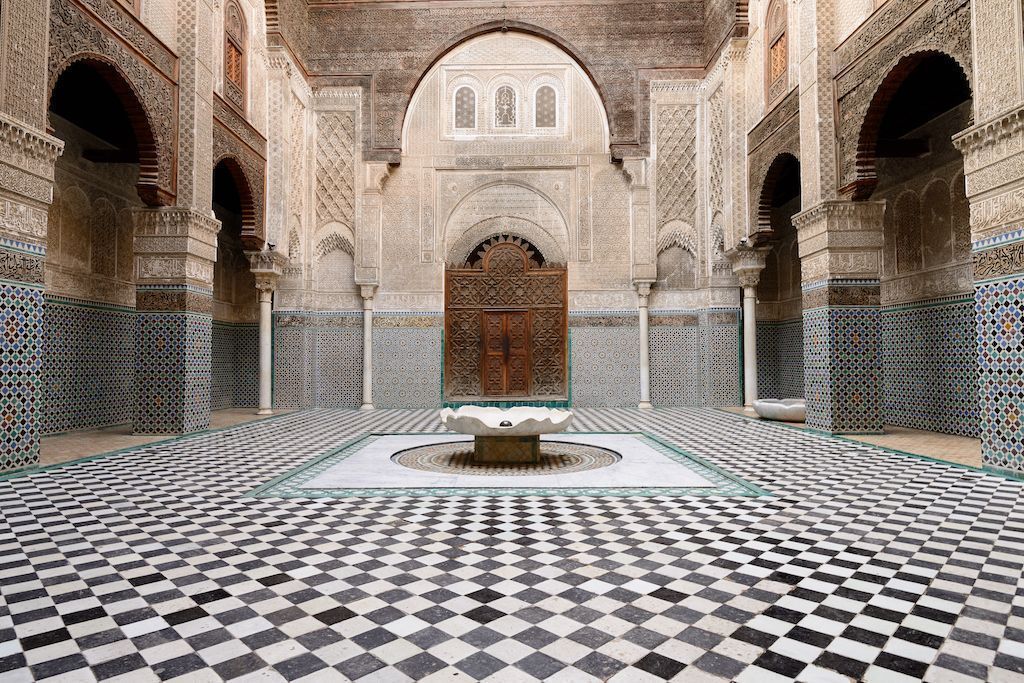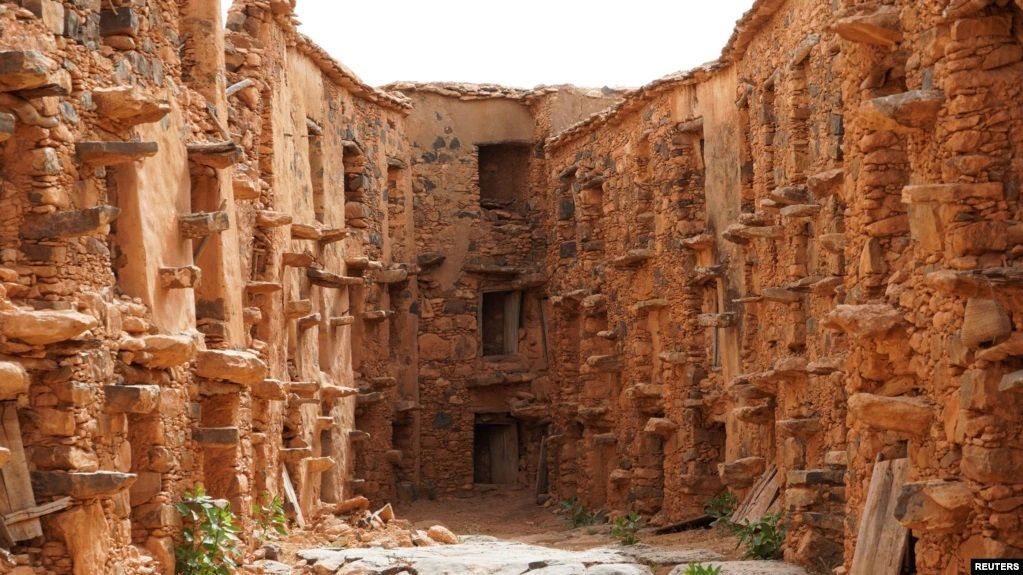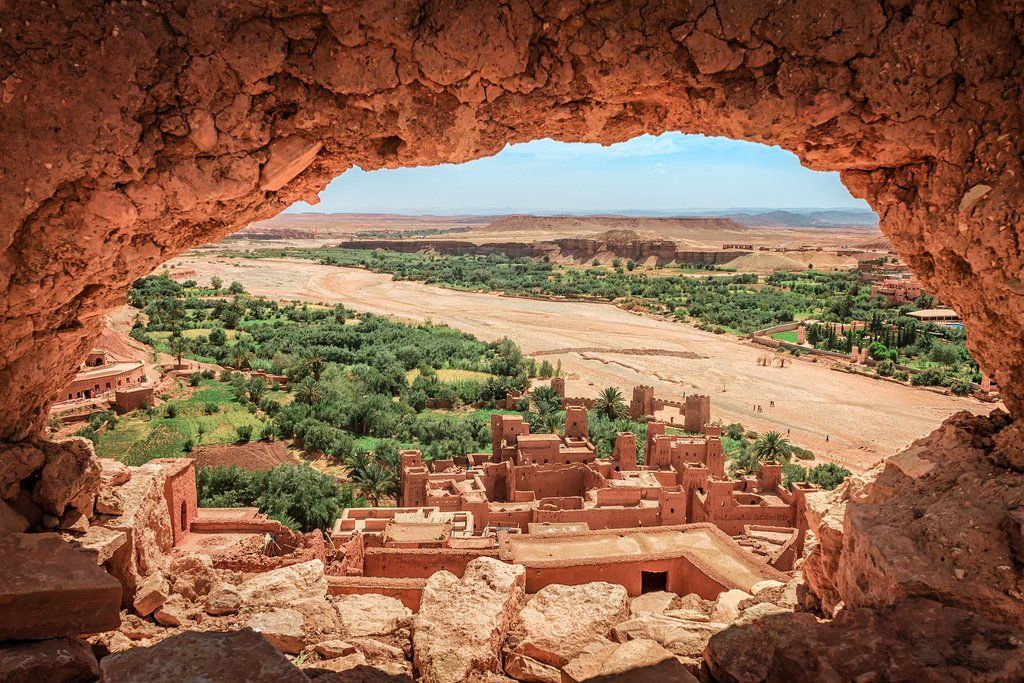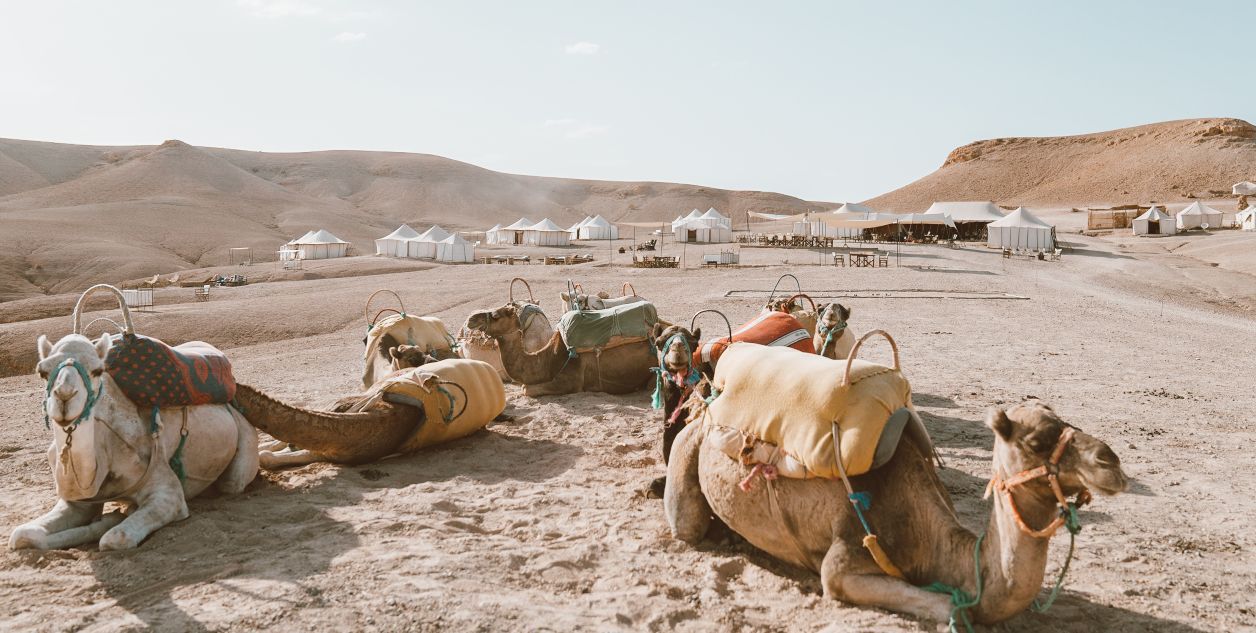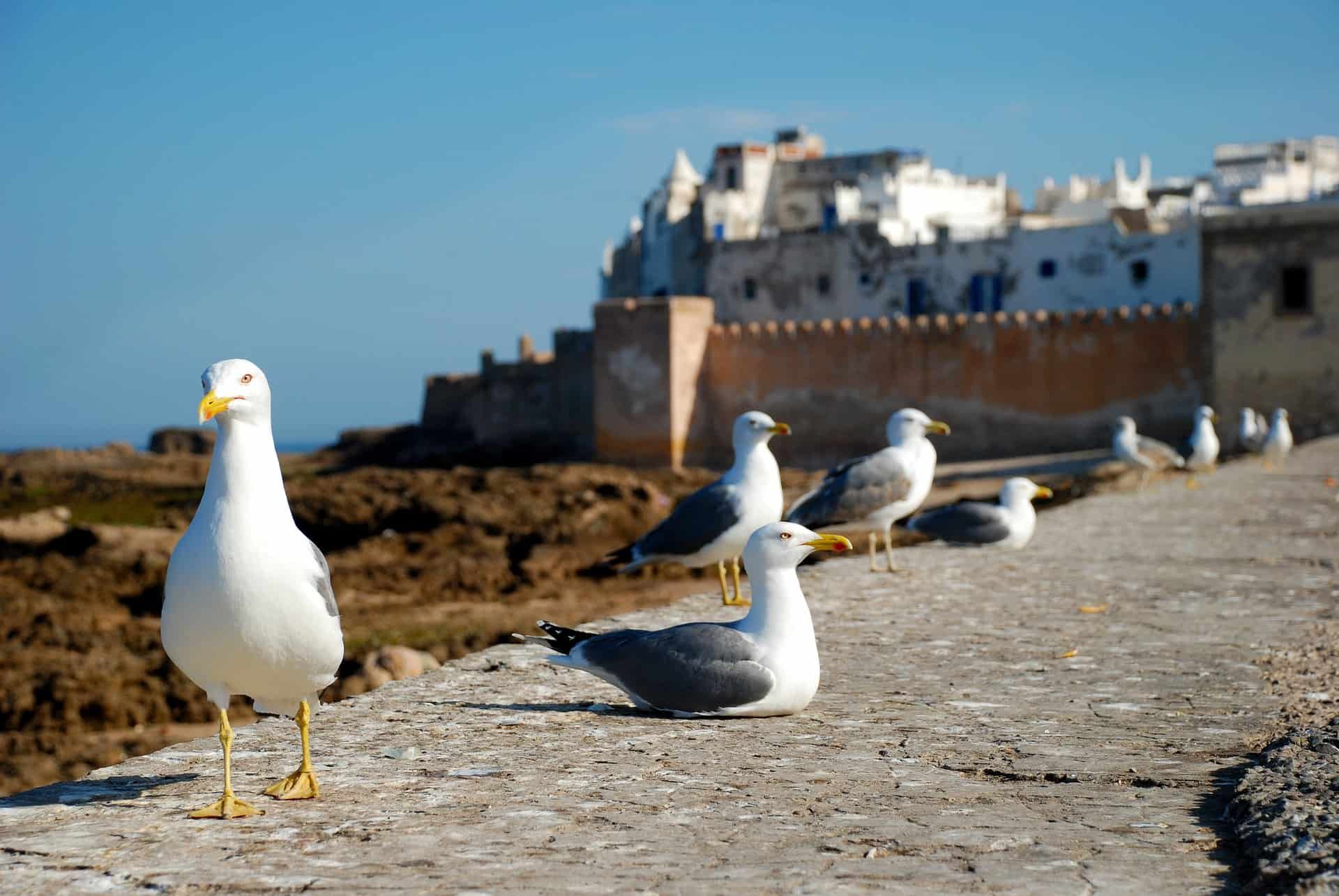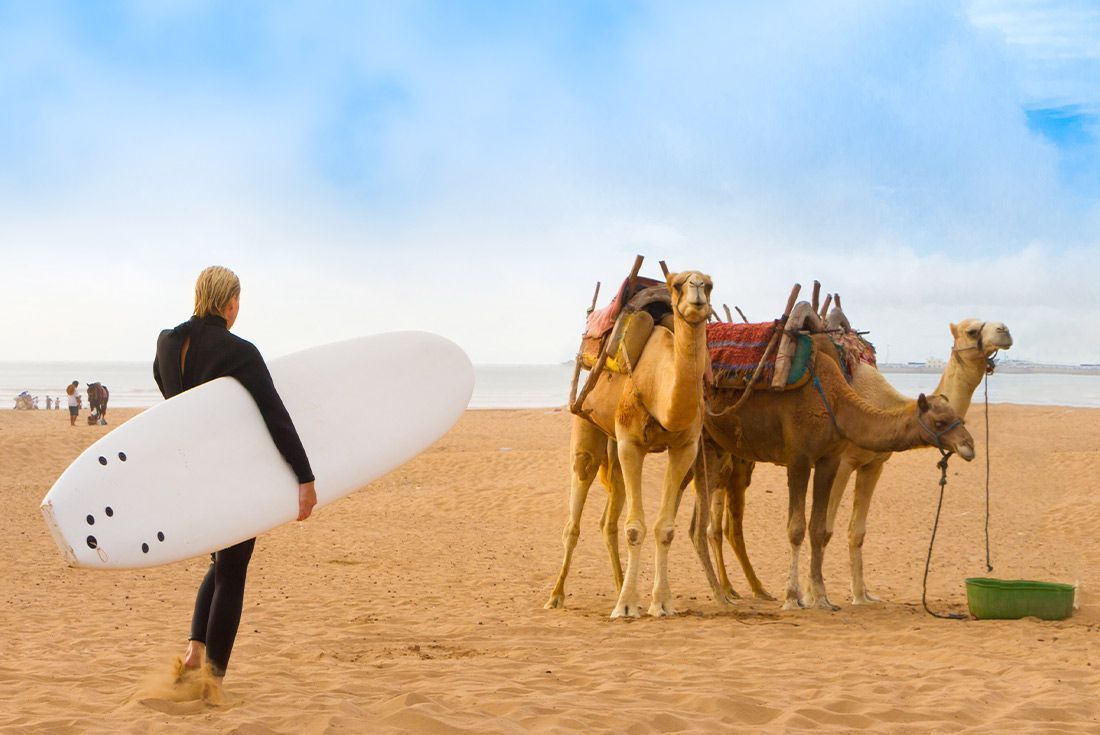How to Travel Sustainably in Morocco: Tips for Eco-Friendly Explorers
Eco-Friendly Travel in Morocco: Sustainable Tips for a Green Adventure
Traveling sustainably has become more important than ever, especially in countries like Morocco, where tourism plays a major role in the economy. Whether you're exploring the bustling medinas of Marrakech or trekking through the majestic Atlas Mountains, adopting eco-friendly practices can make your trip more enriching while helping preserve Morocco's natural and cultural heritage. Here’s your ultimate guide on how to travel sustainably in Morocco.
1. Choose Eco-Friendly Accommodations
Start your sustainable journey by selecting eco-conscious places to stay. Look for riads, guesthouses, or hotels that prioritize sustainability. Many eco-friendly accommodations in Morocco use solar energy, offer organic meals, and employ local staff. Some even work with local artisans, ensuring the preservation of traditional craftsmanship. Notable destinations like the Atlas Mountains offer eco-lodges that blend luxury with sustainability.
2. Support Local Businesses
One of the easiest ways to travel sustainably in Morocco is by supporting local businesses. From buying handcrafted souvenirs in the souks to dining at locally-owned restaurants, you’re directly contributing to the local economy. Look for fair-trade shops and markets that work with local artisans, ensuring they receive fair wages for their work. When shopping, avoid mass-produced items and opt for authentic Moroccan handicrafts like Berber rugs, pottery, and argan oil products.
3. Use Public Transportation
Minimizing your carbon footprint is key to sustainable travel. Morocco has a robust public transportation system, making it easy to travel between cities via trains, buses, or shared taxis. Opt for public transport when possible to reduce the environmental impact. In cities like Marrakech and Fes, consider walking or cycling to explore local attractions, which not only minimizes pollution but also gives you an immersive cultural experience.
4. Reduce Plastic Waste
While traveling in Morocco, it's essential to limit your use of single-use plastics. Always carry a reusable water bottle, and refill it at eco-friendly hotels or public fountains where available. If you need to buy bottled water, consider purchasing larger bottles and refilling your smaller ones to reduce waste. Say no to plastic bags when shopping in the souks, and carry a reusable tote bag instead.
5. Choose Ethical Tours
When booking tours, opt for companies that prioritize sustainability and ethical practices. Whether you're going on a camel trek in the Sahara or hiking in the Atlas Mountains, ensure that the tour operators respect local wildlife and communities. Choose certified eco-tours that offer small-group experiences to minimize environmental damage.
6. Be Mindful of Water Usage
Morocco faces water scarcity, especially in rural areas. Be conscious of your water usage, whether you're staying in a riad or camping in the desert. Take shorter showers and turn off the tap while brushing your teeth. Additionally, choose eco-friendly accommodations that implement water-saving measures, such as low-flow showerheads or gray water recycling systems.
7. Respect Local Culture
Sustainable travel is not just about minimizing environmental impact; it’s also about respecting the culture and traditions of the places you visit. Morocco has a rich cultural heritage, and as a traveler, it's essential to honor local customs. Dress modestly, especially in rural areas and religious sites. Learn a few phrases in Arabic or Berber to show respect and appreciation for the local culture.
8. Go on Low-Impact Adventures
Morocco is a haven for adventure travelers, offering everything from hiking in the Atlas Mountains to surfing in Essaouira. To keep your footprint light, choose low-impact activities that don’t harm the environment. Hiking, biking, and walking tours are fantastic ways to experience the natural beauty of Morocco without leaving a negative impact. When exploring nature, stick to marked trails, avoid disturbing wildlife, and leave no trace.
9. Participate in Community-Based Tourism
Community-based tourism is a fantastic way to travel sustainably while contributing to the well-being of local communities. In Morocco, you can participate in home stays with Berber families in the Atlas Mountains, where your stay directly benefits local residents. These experiences allow you to learn more about Moroccan culture while supporting small, local economies.
10. Offset Your Carbon Footprint
While traveling, it's impossible to avoid all environmental impacts, especially when flying. To balance your carbon emissions, consider participating in carbon offset programs. Some airlines offer the option to offset your flight’s carbon emissions, or you can independently contribute to carbon offset projects like tree planting or renewable energy initiatives.
Final Thoughts
Traveling sustainably in Morocco is not only possible but also incredibly rewarding. By adopting eco-friendly practices, supporting local businesses, and respecting the environment, you can experience the beauty and culture of Morocco in a way that preserves it for future generations. Whether you’re planning a city break in Marrakech or an adventure in the Sahara, these sustainable travel tips will help you make a positive impact.





